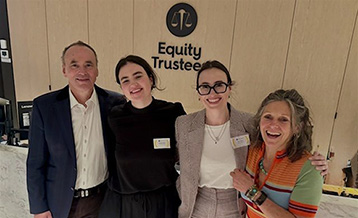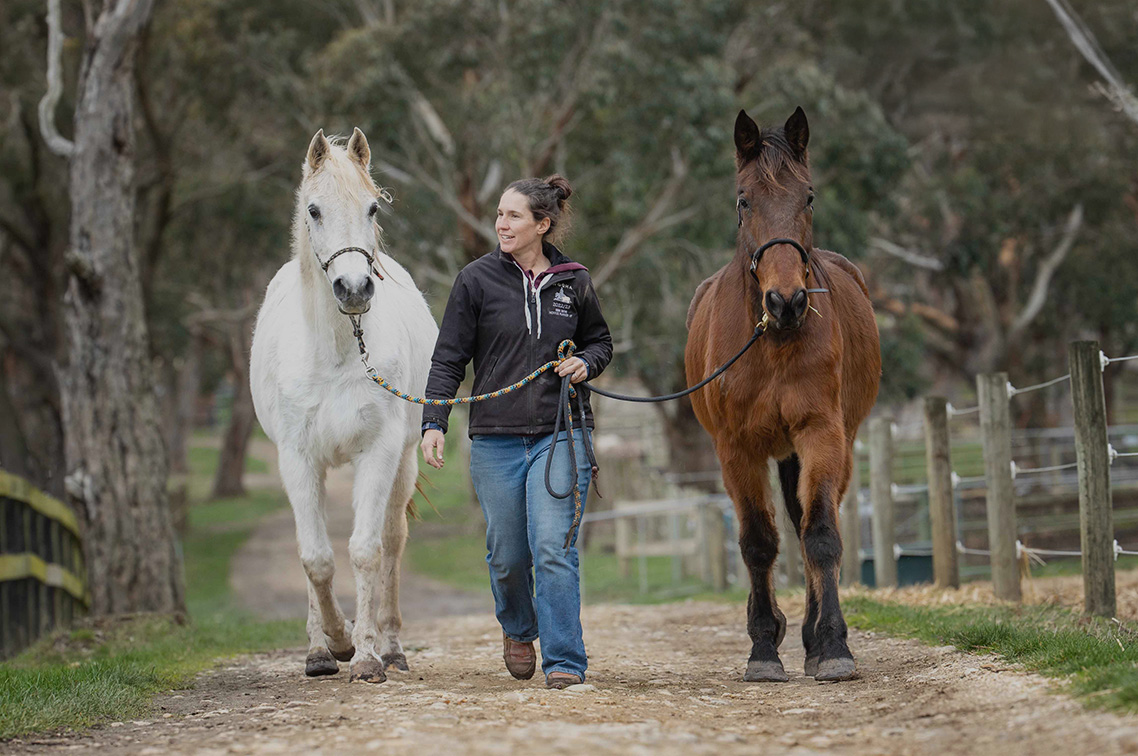News and Insights
As the festive season approaches, more Australians are seeking meaningful, lasting ways to celebrate, shifting away from the commercial rush and instead embracing the spirit of giving back
December 10 marks Human Rights Day and this year’s theme of “Our Everyday Essentials” highlights the fact that not every Australian has access to adequate housing – with a growing number of older people falling through the cracks and in need of support.
Increased investor demand for predictable income streams at competitive yields has recently seen several listed debt offerings come to the Australian market.
Horse Shepherd’s new centre, made possible through philanthropic support, is giving ponies a second chance and reuniting families with the animals they love.










